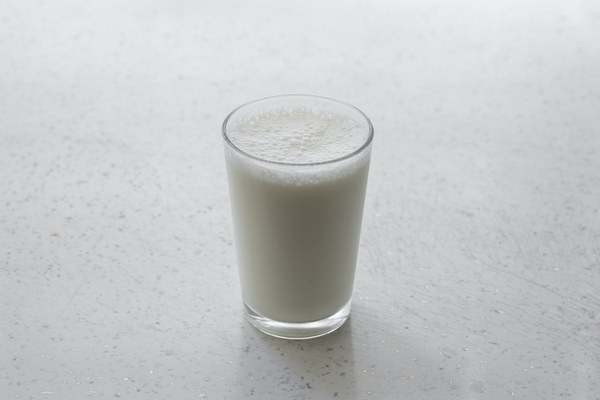Natural Remedies to Ditch Wetness and Eczema on Your Face A Comprehensive Guide
Natural Remedies to Ditch Wetness and Eczema on Your Face: A Comprehensive Guide
Eczema, a common skin condition characterized by red, itchy, and inflamed patches, can be particularly distressing when it affects the face. Often triggered by irritants, allergens, or humidity, eczema on the face can lead to excessive wetness, making the skin look and feel uncomfortable. This article delves into the causes of eczema, the role of moisture in its exacerbation, and offers a comprehensive guide to natural remedies that can help alleviate wetness and eczema on the face.
Understanding Eczema and Moisture
Eczema, also known as atopic dermatitis, is a chronic skin condition that affects millions of people worldwide. It is characterized by dry, itchy, and inflamed skin that can become cracked, red, and swollen. While the exact cause of eczema is unknown, it is believed to be related to a combination of genetic, environmental, and immune system factors.
One of the most common triggers of eczema is moisture, both in excess and in deficit. When the skin becomes wet, it can lead to the following issues:
- Increased irritation: Wet skin can be more sensitive to irritants, leading to exacerbation of eczema symptoms.
- Microbial growth: Excessive moisture can create a breeding ground for bacteria and yeast, which can further irritate the skin.
- Barrier disruption: Moisture can disrupt the skin's natural barrier, making it more susceptible to allergens and irritants.
Natural Remedies for Eczema and Wetness
Thankfully, there are numerous natural remedies that can help manage eczema and reduce the wetness associated with it. Here are some effective strategies:
1. Humidification
Increasing humidity in your living environment can help reduce the dryness that often accompanies eczema. Using a humidifier in your home, especially during the colder months, can help maintain a comfortable level of humidity that is beneficial for your skin.
2. Hydration
Staying well-hydrated from the inside out is crucial. Drink plenty of water throughout the day to keep your skin hydrated from within. Additionally, incorporating hydrating foods such as cucumbers, watermelons, and avocados can provide extra moisture to the skin.
3. Natural Moisturizers
Instead of relying on commercial moisturizers that may contain harsh chemicals, opt for natural alternatives. Shea butter, coconut oil, and almond oil are excellent choices for moisturizing the skin without clogging pores or causing irritation.

4. Oatmeal Soaks
Oatmeal has natural anti-inflammatory properties that can help soothe and moisturize the skin. Create an oatmeal bath by adding colloidal oatmeal to warm water and soaking in it for about 15-20 minutes.
5. Aloe Vera
Aloe vera is known for its healing and soothing properties. Apply fresh aloe vera gel directly to the affected areas of your face to reduce inflammation and keep the skin hydrated.
6. Avoid Irritants
Identify and avoid potential irritants that may trigger your eczema, such as harsh soaps, perfumes, and certain fabrics. Opt for gentle, fragrance-free products and choose breathable, natural fabrics like cotton for clothing.
7. Tea Tree Oil
Tea tree oil has antibacterial and antifungal properties that can help combat the overgrowth of bacteria and yeast on the skin. Dilute a few drops in a carrier oil like coconut oil and apply it to the affected areas.
8. Lifestyle Changes
Dietary adjustments, regular exercise, and stress management can all play a role in reducing eczema symptoms. Avoid foods that may trigger your eczema and incorporate a balanced diet rich in vitamins and minerals. Exercise can help regulate your body's moisture levels, and stress reduction techniques such as meditation or yoga can improve your overall well-being.
Conclusion
Eczema on the face can be challenging to manage, especially when it leads to excessive wetness. By understanding the role of moisture in eczema and employing natural remedies, you can take steps to reduce inflammation, soothe your skin, and maintain a healthy complexion. Remember, consistency is key when it comes to managing eczema, so be patient and persistent in your approach.









